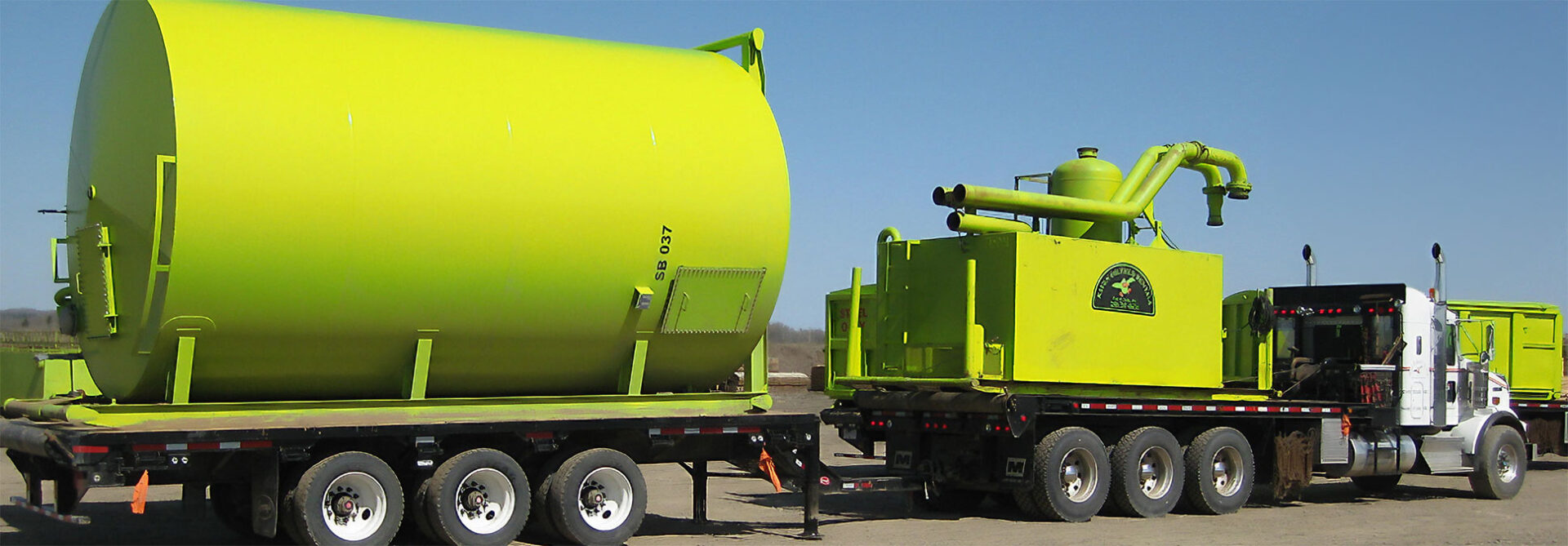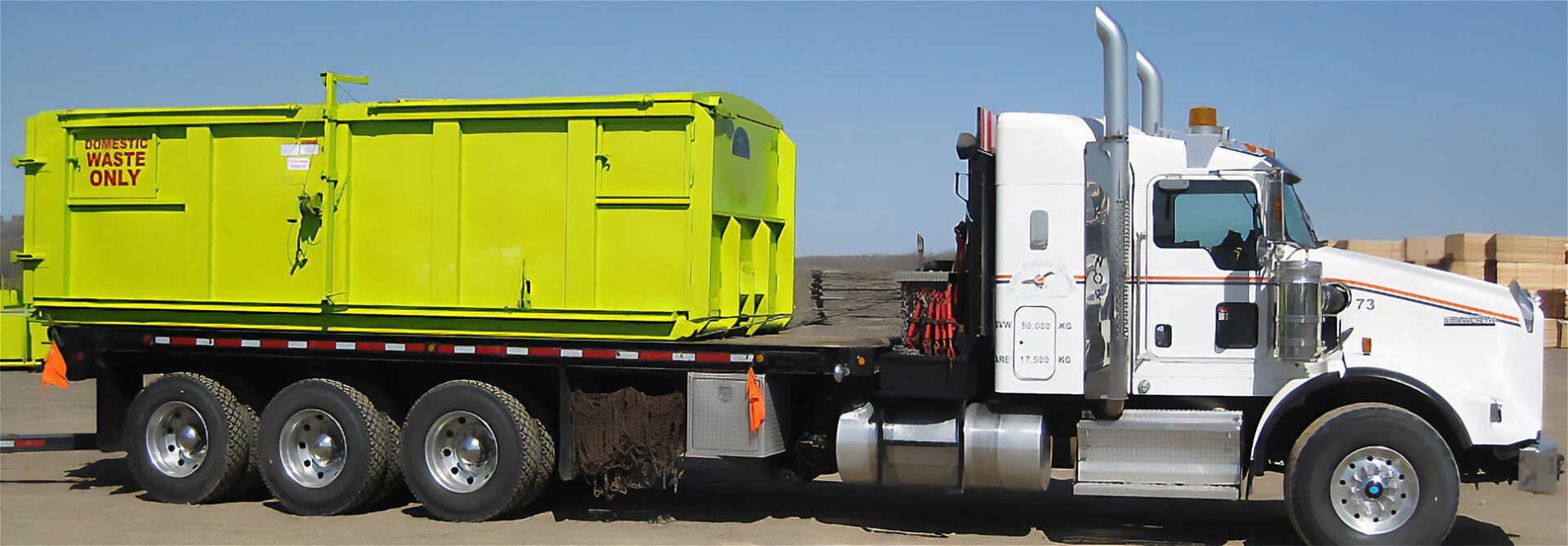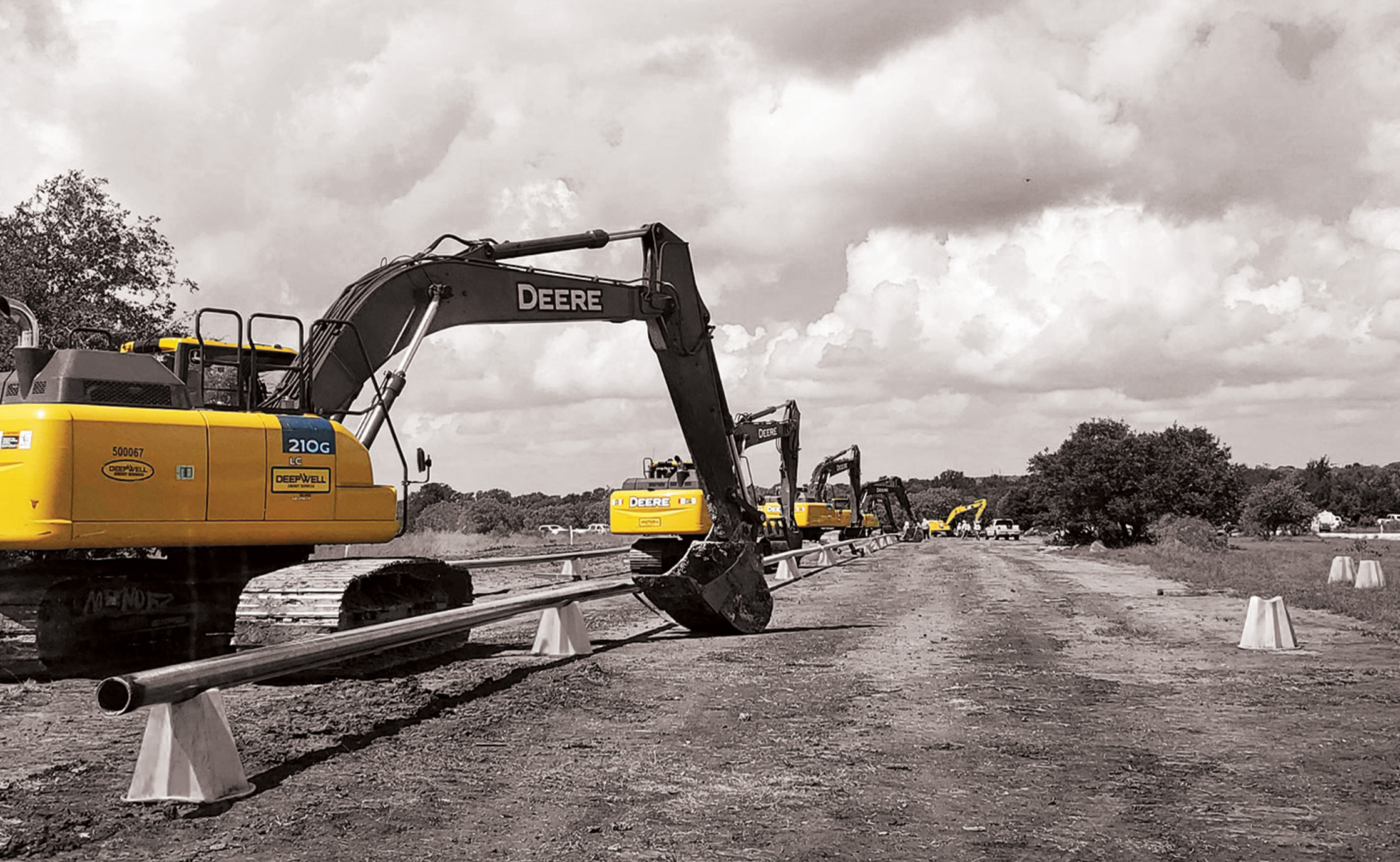Superior Rentals fusion machines: maintenance tips every engineer should know
Wiki Article
A Comprehensive Overview to the Various Kinds Of Oil Field Equipment and Pipeline Equipment Available
The oil and gas market relies greatly on customized equipment for reliable removal and transport. Numerous sorts of equipment, from piercing rigs to storage tanks, play crucial duties in this intricate procedure. Each item of tools offers distinctive functions that contribute to overall functional success. Recognizing these parts is essential for anyone associated with the sector. As the industry evolves, so too do the innovations that sustain it. What improvements are on the perspective?
Drilling Rigs: The Foundation of Oil Exploration
Drilling rigs function as the crucial equipment in the domain of oil expedition, enabling business to access hydrocarbon books hidden deep below the Planet's surface. These rigs can be found in numerous kinds, consisting of land rigs, offshore rigs, and mobile systems, each made to operate in particular atmospheres. Geared up with innovative modern technology, drilling rigs can penetrate geological developments with accuracy, ensuring effective source removal. The architectural integrity and operational abilities of these rigs are critical, as they should hold up against severe conditions and significant pressures. The selection of an exploration gear influences the total task cost and timeline, making it a crucial factor to consider for oil companies looking for to maximize their exploration efforts and take full advantage of performance in their operations.Pumps: Necessary for Fluid Movement
In the oil removal process, the function of pumps is considerable, helping with the movement of fluids throughout various phases of manufacturing. Pumps are vital for delivering unrefined oil, water, and other liquids from below ground tanks to the surface and after that via pipelines to refineries. They are available in various kinds, consisting of centrifugal, positive variation, and completely submersible pumps, each serving specific objectives based upon the fluid characteristics and functional demands. Centrifugal pumps are typically used for their performance in high-flow applications, while favorable displacement pumps master taking care of thick liquids. The option of pump effects overall performance, operational safety, and upkeep costs. Appropriate selection and upkeep of pumps are essential for enhancing manufacturing and lessening downtime in oil field procedures.Shutoffs: Controlling Flow and Pressure

Valves play a vital role in managing the flow and pressure of liquids within oil areas and pipes. Various kinds of shutoffs offer distinctive applications, each made to accomplish specific functions basic for effective operation - Superior Rentals reviews. Recognizing the features and uses these shutoffs is necessary for optimizing system efficiency and safety
Sorts of Valves
Necessary parts in oil area operations, shutoffs play an important duty in managing the circulation and stress of fluids within pipes and devices. Various types of shutoffs are utilized to fulfill the varied demands of oil and gas manufacturing. Typical types include entrance valves, which offer a straight-line flow and marginal stress decline; globe valves, known for their throttling capabilities; and round shutoffs, acknowledged for their quick on/off control. In addition, check shutoffs stop backflow, while butterfly shutoffs use a lightweight solution for managing flow. Each shutoff type is made with certain products and setups to endure the extreme problems often located in oil areas, making certain reliability and performance in procedures. Recognizing these kinds is crucial for effective system monitoring.Valve Applications and Features
While various kinds of valves offer distinct objectives, their main applications focus on managing circulation and stress within oil and gas systems. Shutoffs such as entrance, world, and sphere shutoffs control fluid movement, making certain peak performance and security. Gate shutoffs are frequently utilized for on/off control, supplying marginal flow resistance. World valves, on the various other hand, offer specific circulation policy, making them ideal for throttling applications. Sphere valves are favored for their fast procedure and tight securing capacities. In addition, pressure safety valve are vital for preventing system overpressure, securing tools stability. On the whole, the appropriate choice and application of shutoffs boost functional efficiency, making sure the trustworthy transport of oil and gas with pipes and handling centers.Compressors: Enhancing Gas Transportation
Compressors play an important function in the reliable transportation of all-natural gas, making sure that it relocates efficiently through pipes over cross countries. These devices raise the pressure of natural gas, allowing it to get over friction and elevation changes within the pipeline system. In addition, compressors tractor loader backhoe for sale facilitate the harmonizing of supply and demand, accommodating fluctuations in intake and manufacturing rates. Different sorts of compressors are used in the industry, including centrifugal, reciprocating, and rotary screw compressors, each offering distinct benefits based on the operational demands. Normal maintenance of these compressors is important to maximize efficiency and reduce downtime, inevitably adding to a dependable gas transportation network. Their vital function underscores the importance of compressors in the total oil and gas framework.Storage Tanks: Safe and Effective Fluid Management
Reliable transportation of gas relies on various sustaining systems, one of which is the proper monitoring of storage tanks. These containers play an essential function in safely containing liquids, making certain that functional performance is maintained while decreasing ecological risks. Built from long lasting products, they are created to endure high pressures and harsh elements. Correctly sized and strategically situated, tank assist in the smooth circulation of all-natural gas and other liquids, preventing traffic jams in supply chains. Normal maintenance and surveillance are necessary to discover leakages or architectural problems, advertising safety and conformity with governing standards. Inevitably, the effective administration of tank is important for the overall honesty and reliability of the oil and gas sector's fluid handling systems.
Pipeline Equipments: Infrastructure for Transport
Pipeline systems serve as the foundation of review the oil and gas industry, facilitating the effective transport of hydrocarbons over large ranges. These systems include numerous components, including pipes, valves, pumps, and compressors, all thoroughly made to assure seamless flow. The materials utilized in pipeline building, usually steel or high-density polyethylene, are selected for sturdiness and resistance to deterioration. Pipeline networks can extend throughout land and water, attaching manufacturing websites to refineries and circulation facilities. In addition, advanced technology enables real-time tracking of flow prices and pressure levels, enhancing operational effectiveness. The tactical placement of these pipes decreases ecological impact while making best use of resource accessibility, consequently playing an essential function in meeting power demands globally.Safety Equipment: Making Sure Employee and Environmental Management
The procedure of pipeline systems, while necessary for power transportation, additionally provides significant safety difficulties for workers and the environment. Security devices plays a significant duty in minimizing these dangers. Personal safety devices (PPE) such as helmets, handwear covers, and non-slip footwear safeguards workers from physical hazards. In addition, gas discovery systems keep track of for leaks, making certain that dangerous substances do not posture a danger to personnel or the bordering community. Emergency situation shutdown systems are vital for promptly stopping procedures during a situation, stopping potential catastrophes. Spill containment materials, consisting of absorbents and barriers, are fundamental for decreasing ecological effect. On the whole, investing in all-encompassing security equipment is vital for preserving operational integrity and safeguarding both employees and the setting in the oil and gas market.
Frequently Asked Questions
Just how Do I Choose the Right Oil Field Equipment for My Project?
Choosing the ideal oil visite site area tools includes reviewing job requirements, spending plan constraints, and operational needs. Think about elements such as equipment integrity, compatibility with existing systems, and the distributor's track record to ensure peak efficiency and security.What Are the Upkeep Demands for Oil Field Equipment?
Maintenance requirements for oil area devices consist of routine evaluations, lubrication, and timely repair services. Operators ought to also abide by maker standards, display efficiency metrics, and assurance compliance with safety laws to boost durability and efficiency.
How Can I Make Certain Compliance With Environmental Laws?
To ensure compliance with environmental policies, business need to carry out routine audits, implement best practices, invest in training, maintain proper documentation, and stay upgraded on regulation (Superior Rentals fusion machines). Cooperation with ecological companies can also boost adherence to lawsWhat Is the Average Life Expectancy of Pipeline Equipment?
The typical life-span of pipeline equipment typically varies from 20 to half a century, depending upon aspects such as worldly top quality, ecological problems, and upkeep methods. Normal inspections can substantially affect durability and functional efficiency.How Do I Securely Move Oil Field Equipment to Remote Locations?
Delivering oil area equipment to remote areas needs cautious planning, consisting of course assessment, protecting permits, utilizing ideal cars, and ensuring safety procedures are adhered to. Appropriate training and communication amongst crews are vital for effective transport.Report this wiki page